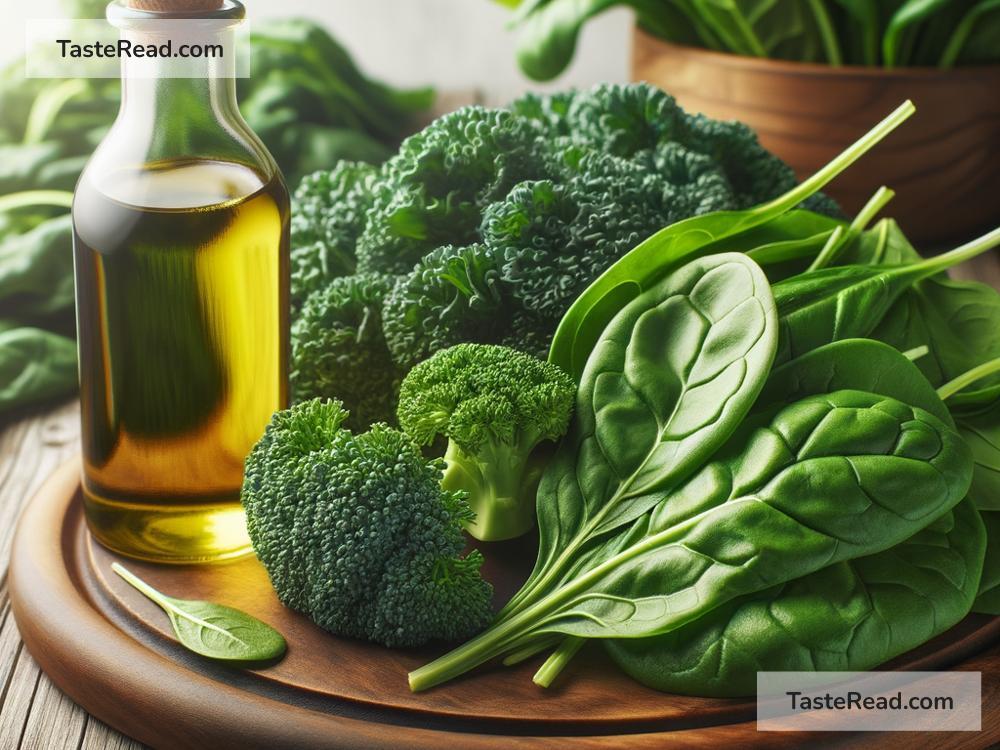The Role of Vitamin K in Blood Clotting
When you hear the word “vitamin,” you might think of something that keeps your body healthy and energized. Vitamins play many important roles in the body, and today we’re going to talk about one that often flies under the radar: Vitamin K. Specifically, we’ll explore how Vitamin K helps blood clot, keeping you safe when you get a cut or injury. Let’s break it down in simple terms so everyone can understand!
What Is Vitamin K?
Vitamin K is a nutrient found in some foods. Your body also stores Vitamin K for future use because it’s essential for certain critical functions. The main job of Vitamin K is to help your blood clot properly. This might sound strange at first, but blood clotting is actually a life-saving process. It stops you from losing too much blood when you get hurt, like when you accidentally scrape your knee or cut your finger.
There are two main types of Vitamin K:
1. Vitamin K1 – Found in leafy green vegetables like spinach, kale, and broccoli.
2. Vitamin K2 – Found in animal-based foods such as meat, cheese, and eggs, as well as fermented foods.
Both types play a role in keeping your body healthy, but when it comes to blood clotting, all Vitamin K works together.
What Is Blood Clotting?
Blood clotting, also called coagulation, is the body’s way of sealing a wound. Think of it like putting a bandage on the inside of your body. If your skin gets cut or injured, your blood vessels (which carry blood around your body) break and start to leak blood. Without some way to plug the leak, blood would keep spilling out, putting you at risk of bleeding too much.
This is where blood clotting comes in. Your body triggers a series of steps to form a clot—a sticky mass of blood—that seals the broken blood vessels and stops the bleeding.
Where Does Vitamin K Come In?
Vitamin K has a starring role in this process. It helps activate proteins in your blood called clotting factors or coagulation factors. These proteins team up to form the blood clot. Without enough Vitamin K, these clotting factors can’t do their job properly, and your blood may not clot the way it’s supposed to.
Here’s a simplified explanation of how Vitamin K works during blood clotting:
- When you’re injured, your body sends a signal to your liver (an organ in your body) to release clotting factors into your bloodstream.
- For these clotting factors to fully work, they need Vitamin K. Vitamin K acts like the “on switch,” activating these proteins so they can start building the blood clot.
- Once the clotting proteins are activated, they work together to form a solid barrier that stops more blood from leaking out.
In short, Vitamin K makes sure your body’s internal “bandage process” works efficiently.
What Happens Without Enough Vitamin K?
If your body doesn’t have enough Vitamin K, it can lead to problems with blood clotting. This condition is called Vitamin K deficiency, and it’s uncommon in healthy adults. However, when it does happen, it can cause issues like excessive or prolonged bleeding. For example, if you get a minor cut, it might take much longer for the bleeding to stop. In severe cases, people with Vitamin K deficiency might have internal bleeding, which can be life-threatening.
Certain groups of people are more at risk for Vitamin K deficiency, including:
- Newborn babies: Babies are born with very low levels of Vitamin K because it doesn’t pass well from mom to baby during pregnancy.
- People with digestive issues: Diseases like Crohn’s or celiac disease can affect how the body absorbs nutrients, including Vitamin K.
- Long-term antibiotic users: Some antibiotics can affect gut bacteria that help produce Vitamin K.
If someone has a deficiency, doctors can provide Vitamin K supplements or injections to prevent problems.
How Can You Get Enough Vitamin K?
Getting enough Vitamin K is simple if you eat a balanced diet. Many common foods contain Vitamin K, especially green vegetables. Here’s a list of foods that are high in Vitamin K:
- Spinach
- Kale
- Broccoli
- Brussels sprouts
- Green beans
- Eggs
- Cheese
You don’t need large amounts of Vitamin K to stay healthy—just small amounts each day. As long as you include some Vitamin K-rich foods in your meals, your body should have everything it needs to assist in blood clotting.
Fun Fact: Vitamin K and Warfarin
Did you know that doctors sometimes prescribe a medication called warfarin to prevent blood clots? If a person is at risk for dangerous clots, warfarin works by blocking Vitamin K’s action, making it harder for blood to clot. This shows how powerful Vitamin K is—it’s so important that some medicines need to slow it down!
Final Thoughts
Vitamin K might not be the most talked-about nutrient, but it’s essential for keeping your body safe. Without it, your blood wouldn’t be able to clot properly, and injuries could become a serious problem. Luckily, you don’t have to do much to make sure you’re getting enough. Eating leafy greens, vegetables, and a variety of nutritious foods is usually all it takes.
So, the next time you enjoy a salad, remember that those leafy greens aren’t just delicious—they’re also giving your body the Vitamin K it needs to stay safe and healthy!


